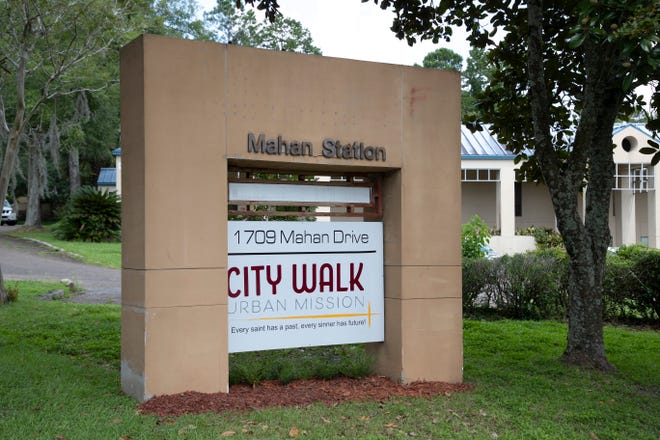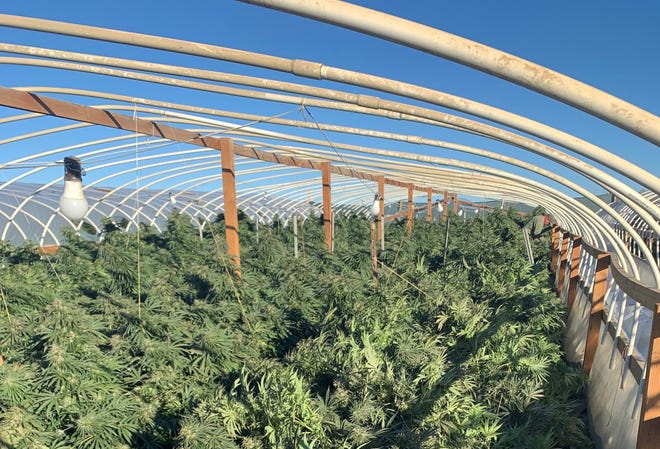While Robert Califf did not share his stance on marijuana while serving with the FDA, back in 2016 at a cannabis-focused research summit, he acknowledged the healing possibilities of the plant.
The Food and Drug Administration may get a new commissioner who has experienced the medical benefits of cannabis first hand.
On Friday, President Joe Biden revealed his plans to nominate Dr. Robert Califf, a cardiologist and clinical trial specialist, as the new FDA commissioner. Califf, who served as FDA head for a short stint during the Obama administration, was prescribed a cannabinoid drug by his physician, reported Marijuana Stocks.
While Califf did not share his stance on marijuana while serving with the FDA, back in 2016 at a cannabis-focused research summit, he acknowledged the healing possibilities of the plant.
“We understand that people have identified a number of possible uses of marijuana and marijuana-derived products. For example, AIDS wasting, epilepsy, neuropathic pain, treatment of spasticity associated with multiple sclerosis, cancer, and chemotherapy-induced nausea,” Califf said. “And I had the chance to prescribe some of this in my cardiology practice in people with extreme heart failure who get a wasting cachectic syndrome.”
Califf also noted that even though the FDA needs to prove that botanical cannabis is “safe and effective for any indication,” that does not mean there are no practical uses for it and that new studies are expected to help provide more data on the issue. “No one [research] has demonstrated to FDA that any such product is safe or effective for the treatment of any disease or condition. To change that we need studies conducted using marijuana to rigorously assess the safety and effectiveness of marijuana for medical use.”
"More studies and a marketing application for review are needed to assure that the drug product meets the statutory standard for approval, " Califf explained.
“This is what we really want and we actively encourage it and want to work with people to make this happen,” he added. “To do this, we know we need to facilitate the work of companies interested in appropriately bringing safe, effective and quality products to market, including scientifically based research concerning these medicinal uses.”
At the summit, Califf highlighted that the FDA has already allowed synthetic cannabis products like Marinol.
Taking into account all that Califf has said on the topic, one might assume that if he becomes commissioner he will push the FDA to undertake further marijuana-related research. And, in view of the FDA’s influence, it could end up playing an important role in the possible rescheduling of marijuana.

![Love County Sheriff Marty Grisham stands outside his office in Marietta, Oklahoma. [Photographs for Politico Magazine by Misty Keasler/Redux Pictures] Love County Sheriff Marty Grisham stands outside his office in Marietta, Oklahoma. [Photographs for Politico Magazine by Misty Keasler/Redux Pictures]](https://static.politico.com/ac/83/d35cec334b66b9b4adb6d0e4256f/demko-tokelahoma-image1.jpg)


